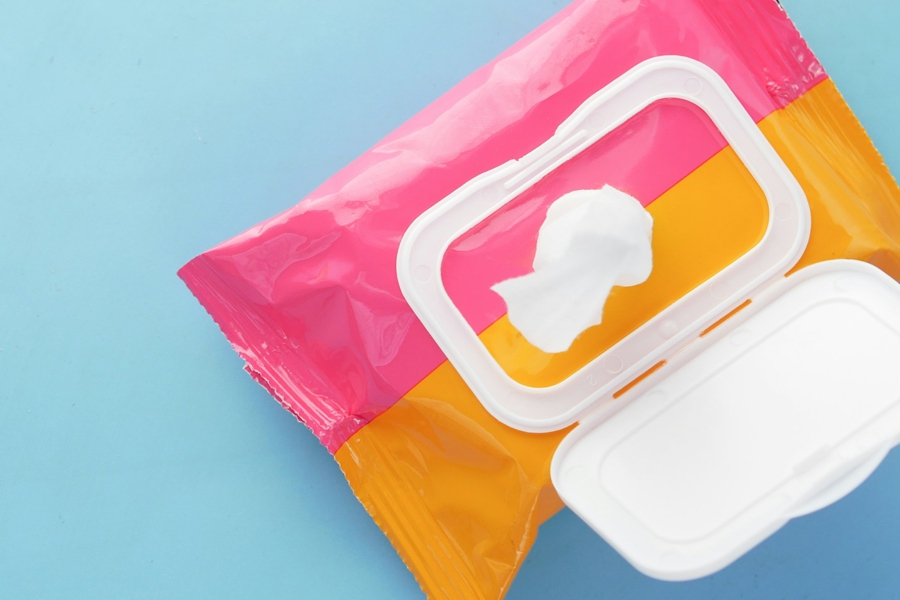Aseptic Packaging Ensuring Sterility and Longevity in Modern Packaging

Aseptic packaging is a critical innovation in the packaging industry, designed to maintain the sterility of products while extending their shelf life. This process is particularly vital for products that are sensitive to contamination, such as dairy, juices, soups, and pharmaceuticals. Unlike traditional packaging methods, aseptic packaging involves sterilising both the product and the packaging material separately before they are combined in a sterile environment. This ensures that the final product remains uncontaminated by bacteria or other harmful microorganisms, providing consumers with safe, long-lasting products.
The Process of Aseptic Packaging
The aseptic packaging process is meticulously designed to ensure that every step eliminates potential sources of contamination. It typically begins with the sterilisation of the product itself, usually through a heat treatment process known as ultra-high temperature (UHT) processing. This involves heating the product to temperatures exceeding 135°C for a few seconds, which effectively destroys all bacteria and spores without compromising the product's quality.
Simultaneously, the packaging materials - often multi-layered cartons, plastic, or aluminium - are sterilised using methods such as superheated steam, hydrogen peroxide, or ultraviolet light. Once both the product and the packaging are sterile, they are brought together in a sterile chamber where the product is filled into the packaging and sealed immediately. The entire process takes place in a controlled environment to prevent any contamination.
Advantages of Aseptic Packaging
One of the primary advantages of aseptic packaging is its ability to significantly extend the shelf life of products without the need for refrigeration or preservatives. This not reduces the cost associated with refrigeration and it also makes it possible to distribute perishable goods over longer distances, opening up new markets for producers. Additionally, aseptic packaging helps retain the nutritional value, flavour, and colour of food products, which might otherwise degrade over time under non-sterile conditions.
In the pharmaceutical industry, aseptic packaging is indispensable. Medications, especially those in liquid form, must remain sterile from the point of manufacture until they reach the consumer. Aseptic packaging ensures that these products remain uncontaminated, preserving their efficacy and safety throughout their shelf life.
Environmental Considerations
While aseptic packaging offers significant benefits in terms of product safety and longevity, it also raises important environmental considerations. The packaging materials used are often complex, comprising multiple layers of different materials that are challenging to recycle. However, advances in sustainable packaging are beginning to address these concerns, with the development of more eco-friendly aseptic packaging materials that are easier to recycle and have a lower environmental impact.
Industry Applications
Aseptic packaging is widely used across various industries. In the food and beverage sector, it is commonly used for milk, juices, soups, sauces, and even some alcoholic beverages. The ability to store these products without refrigeration makes them more accessible to consumers in regions where cold storage might be limited or unreliable.
In the pharmaceutical industry, aseptic packaging is crucial for ensuring that injectable drugs, IV solutions, and other sterile products maintain their purity and effectiveness until they are administered to patients. The medical field also uses aseptic packaging for sterile surgical instruments and other medical devices that must remain uncontaminated until use.
Future Trends in Aseptic Packaging
The future of aseptic packaging is likely to be shaped by technological advancements and increasing demand for sustainable solutions. Innovations in sterilisation techniques, such as electron beam sterilisation, are expected to enhance the efficiency of the aseptic process. Additionally, the development of biodegradable and recyclable aseptic packaging materials is a key focus for the industry, driven by the growing demand for environmentally responsible packaging options.
As consumers become more health-conscious and environmentally aware, the demand for products packaged in a safe, sustainable manner will continue to rise. Aseptic packaging is poised to meet this demand by providing solutions that ensure product safety, quality, and longevity while also addressing environmental concerns.
For businesses looking to optimise their packaging processes, Jacob White Packaging offers expert consultation and state-of-the-art packaging technology. Contact us today to learn more about how our aseptic packaging services can support your product's success.

